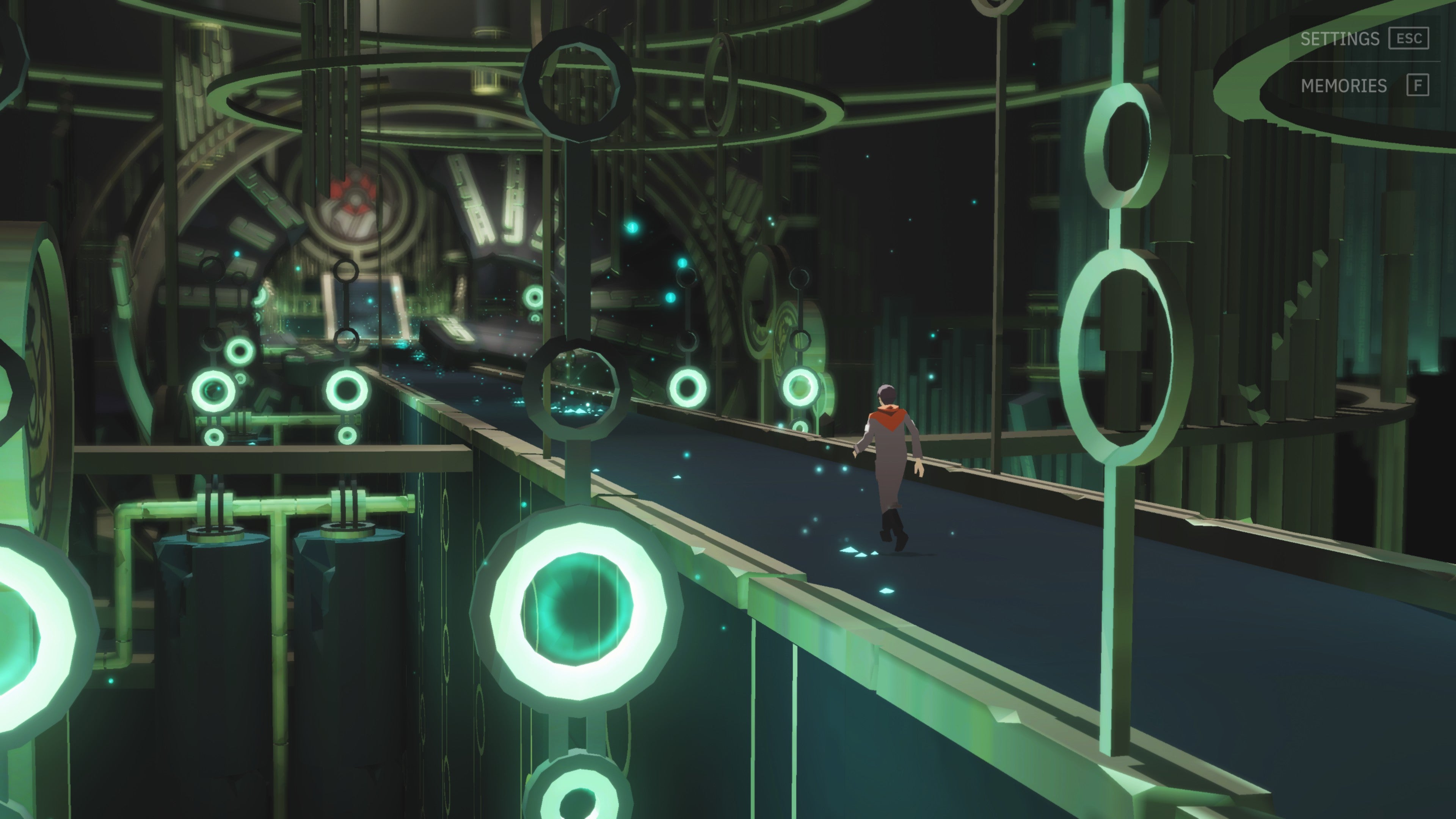It’s loosely connected to Sigono’s other two OPUS games, The Day We Found Earth and Rocket Of Whispers, but only in the sense it’s vaguely set in the same universe rather than being a direct sequel. I played it without any knowledge of the other two OPUS games and got on absolutely fine with it, so you needn’t swat up on the rest of the series before playing - although I’ve since bought both of them on the strength of how much I loved Starsong. At its core, OPUS: Echo Of Starsong is very much a story-driven visual novel, but it’s also a story-driven visual novel with light, 2.5D side-scrolling puzzle sections, space exploration, ship resource management, an upgrade tree, and a giant, almost 80 Days-style star map full of asteroids, abandoned pirate outposts and sprawling cities to visit as you make your way around The Thousand Peaks. You can get more articles like it, alongside an ad-free version of the site, by becoming a supporter today. You play as Jun, an exiled prince who lost his clan a bunch of important lumen caves and is now trying to make it up to them. Lumen is probably best described as being a bit like the spice melange in Frank Herbert’s Dune novels - it’s a valuable energy source that’s been the cause of several wars in this corner of the universe, and several of the existing lumen caves have already been claimed by big corporations and pirate factions. New ones aren’t easy to discover, either, as they require someone who can hear their fabled ‘starsongs’ - witches, in the game’s parlance, who are often looked down on as weapons of war by the citizens of space. Fortunately for Jun, he stumbles across Eda during one of his botched lumen runs, a young woman who can imitate the starsongs with her voice to help track them down in her ship. Together they join forces to try and restore Jun’s honour with his clan, but Eda and her pilot Remi have their own reasons for seeking out these caves, and it culminates in a big emotional finale that I won’t spoil here. For the most part, though, OPUS: Echo Of Starsong is an enthralling and heartfelt coming of age story, accompanied by a sumptuous piano score from Triodust (seriously, check it out on Bandcamp). Despite its mix of genres, it’s all very easy to wrap your head round, and even the resource management side of keeping your ship’s fuel levels, shields and exploration packs topped up as you travel around The Thousand Peaks (what a name for a region of space, eh?) is pretty light touch. I never ran out of fuel, for example, and while the random story events that occur between destinations could often result in quite a large dent in my ship’s shields (either through making the wrong dialogue decision or failing to pass the invisible dice roll of some of its skill checks), I usually always had enough money to top everything up when I reached the next big star port. If anything, that pace and mix of genres is needed to help break up Starsong’s often dense tracts of space lore - a bit like how Zero Escape’s escape room puzzles are there to give your brain a nice workout in between its finger-clicking story sections. There’s a lot of backstory to absorb here, and I’m not gonna lie, even I found it difficult to parse and remember all the various gods and factions Jun and Eda talk about over the course of the game. Still, it’s hard to stay mad when every single frame is so damn bloody gorgeous, from the imposing asteroids you visit on its sprawling star map to the inner chambers of the lumen caves you explore on foot. If Japanese film maker Makoto “Your Name” Shinkai ever made a video game, I don’t think Starsong would be far off it - especially with that Triodust piano score in tow (oooff, my heart!). So, if you like your hybrid visual novels or even just light, sci-fi management games that are heavy on story, OPUS: Echo Of Starsong is well worth checking out this year. It’s certainly one of my personal favourites from 2021, and you can currently grab it on Steam for £14/€15/$18.

